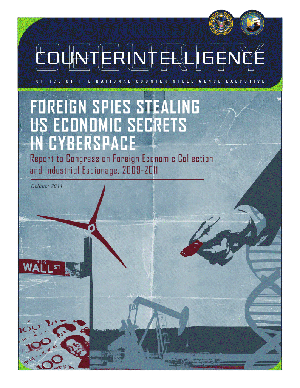SSL authority stops issuing certificates following breach
Yet another web authentication authority has stopped issuing secure sockets layer certificates after discovering a security breach that allowed hackers to store attack tools on one of its servers.
Netherlands-based KPN Corporate Market said it was taking the action while it investigated the compromise, which may have taken place as long as four years ago. The breach came to light after tools for waging distributed denial-of-service attacks were found on its network.
There is no evidence that the compromise affects KPN servers used to generate the certificates that Google, eBay, and millions of other services use to cryptographically prove their websites are authentic, rather than easily created imposters. But the possibility “can not be completely excluded,” KPN officials said in a statement issued Friday (Google translation here).
The compromise underscores the fragility of an SSL system that’s only as trustworthy as its most insecure, or most corrupt, member. With more than 600 certificate authorities trusted by the Internet Explorer, Chrome, and Firefox browsers, all that’s required to mint a near-perfect replica of a credential for Google Mail, or any other website, is to pierce the defenses of a single authority’s certificate issuance system. And with some of the authorities residing in countries such as China, it’s not a stretch to imagine them being compelled to issue fraudulent certificates.
That fragility came into sharp focus earlier this year when attackers exploited shoddy security practices at another Dutch CA and generated hundreds of SSL certificates for a variety of sensitive sites, including one for Gmail used to spy on about 300,000 users located in Iran. Mozilla’s addons site, Microsoft’s update service, and Skype were also targeted.
At least half a dozen other CAs have also been compromised in the past year, although there’s no evidence the breaches led to the issuance of bogus certificates. Affected authorities include four separate resellers of Comodo, StartSSL, and GlobalSign. On Thursday, major browser makers said they were removing intermediate CA Digicert Malaysia from their wares following revelations it violated security requirements.
It was only two months ago that KPN officials told Reuters they had sold hundreds of new certificates in the days immediately following the DigiNotar debacle.
When the major browsers ex-communicated DigiNotar it was a relatively painless affair, because the authority had issued certificates for a relatively small number of domains. That meant the number of browser users inconvenienced by the corresponding error messages returned when they visited a site that relied on DigiNotar was also relatively small.
It’s unclear how KPN compares in size. What is certain is that the SSL system has too many single points of failure that endanger us all. ®
Article source: http://go.theregister.com/feed/www.theregister.co.uk/2011/11/04/ssl_still_hopelessly_broken/
